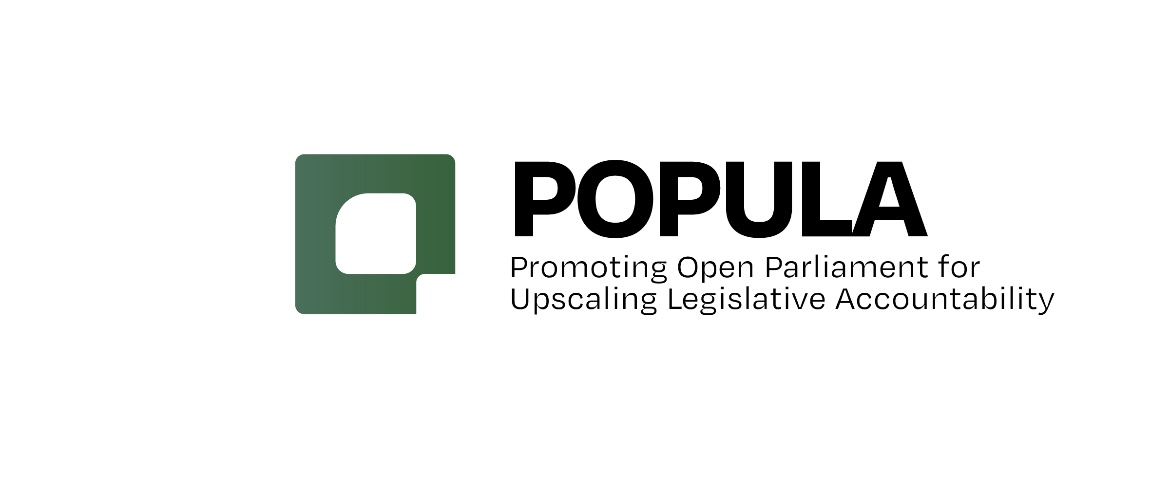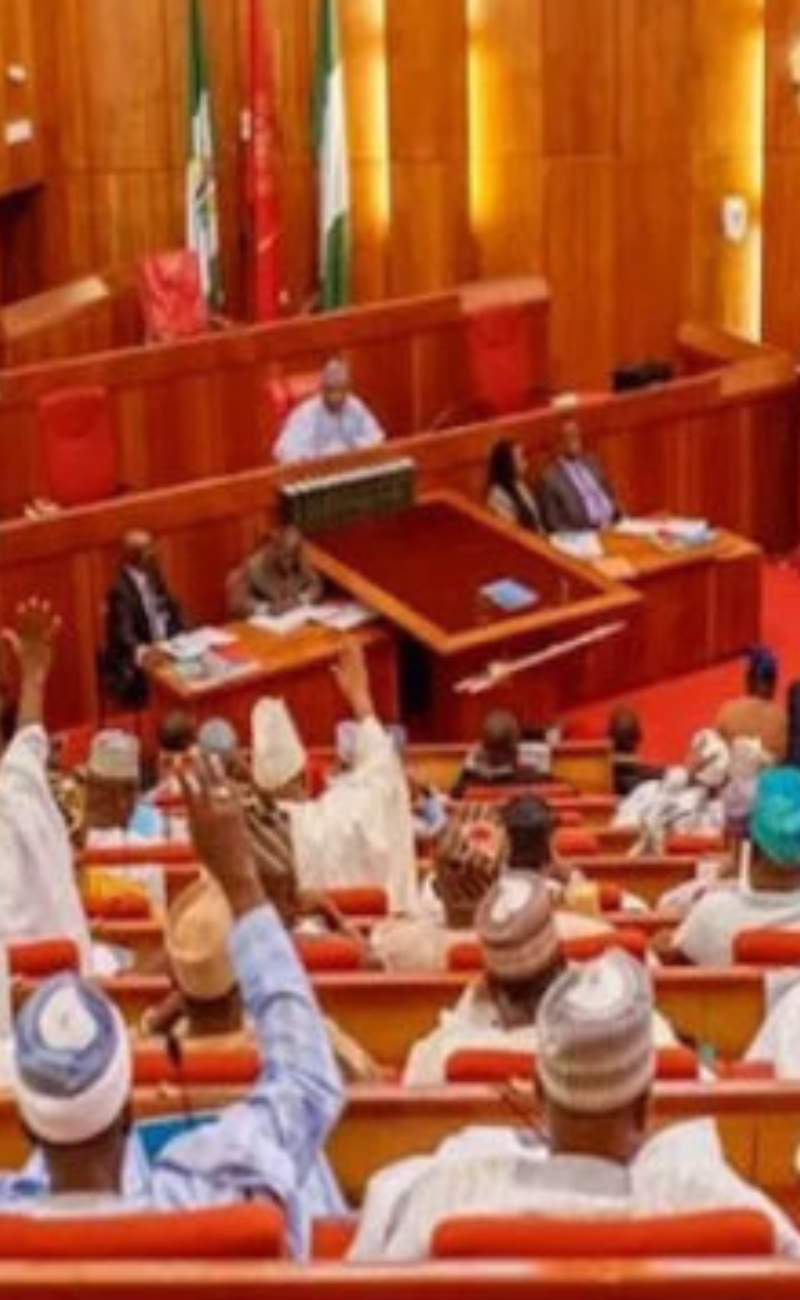The Nigerian Network of Parliamentary Monitoring Organisations (NNPMO) has launched the POPULA project to improve legislative openness
 As Nigeria continues to rank low on the Africa Open Parliament Index (OPI), stakeholders from across the country converged in Abuja on Wednesday for the inception meeting of POPULA 2.0 – Promoting Open Parliament for Upscaling Legislative Accountability.
As Nigeria continues to rank low on the Africa Open Parliament Index (OPI), stakeholders from across the country converged in Abuja on Wednesday for the inception meeting of POPULA 2.0 – Promoting Open Parliament for Upscaling Legislative Accountability.
The meeting brought together representatives of Parliamentary Monitoring Organisations (PMOs), civil society actors, and media professionals under a shared vision: to reform Nigeria’s legislative space using data-driven advocacy and citizen-led engagement in line with the Open Parliament Index (OPI).
Nigeria’s standing on the OPI, as last assessed in 2022, remains worrisome. Among 13 West African countries, Nigeria ranked 4th in public accountability and civic participation, and 6th in transparency.
These rankings highlight glaring weaknesses in openness, citizen engagement, and institutional responsiveness. Citizens face limited access to legislative information, have low awareness of accountability mechanisms, and operate in a political environment with few structured avenues for engagement with the national assembly.
For PMOs, capacity gaps continue to hinder their ability to engage legislators and push for sustained reform.
This reality was re-echoed by Jokpa Erusiafe, Programme Executive at OrderPaper, who spoke at the inception meeting. She noted that despite the efforts of civic actors, Nigeria is yet to meet global standards on open governance.
According to her, “These issues hinder Nigeria’s progress in meeting global openness standards and creating an inclusive, accountable legislative system. POPULA 2.0 aims to address these gaps by using actionable reforms based on OPI recommendations.”
She recalled that the first phase of the project – POPULA 1.0, implemented in 2023, laid a strong foundation by mobilising PMOs under the Nigerian Network of Parliamentary Monitoring Organisations (NNPMO).
The initiative boosted civic awareness, improved citizen-legislator engagement, and advanced OPI goals of transparency, participation, and accountability. “POPULA 1.0 strengthened the voice of citizens to demand greater legislative accountability. It helped to foster transparency and connect communities to the legislative process,” she said.
Strengthening the NNPMO network
Beyond policy reform and civic mobilisation, POPULA 2.0 is designed to build the internal capacity of PMOs to serve as watchdogs and bridge-builders between citizens and legislators.
According to Jokpa, the value of the POPULA framework for NNPMO members lies in its ability to “strengthen network coordination, provide access to real-time legislative data and policy tools, enhance joint advocacy efforts, and amplify the visibility of parliamentary monitors in governance spaces.”
She highlighted key expected outcomes of POPULA 2.0 to include improved OPI scores for Nigeria, increased participation of women, youth, and marginalised groups in parliamentary processes, and enhanced commitment from the national assembly towards transparency and public accountability. “These outcomes support an open and democratic legislative system,” she stressed.
Jokpa also urged NNPMO members to commit fully to the initiative by participating in scheduled meetings and capacity-building sessions, sharing field insights, collaborating on joint advocacy campaigns, and supporting the public dissemination of the project’s outcomes.
“POPULA 2.0 is a strategic leap towards a more open, transparent, and accountable parliament in Nigeria,” she said. “We invite our partners and stakeholders to join us in amplifying citizen voices and reforming legislative culture for good governance.”
Demystifying the Open Parliament Index (OPI)
Speaking further on the mechanics of the OPI, Uko Etuk, Programme Manager at OrderPaper, explained that the Index is essentially a report card that evaluates how open, transparent, and people-centred African parliaments are.
“It is a simple but effective tool that assesses legislative performance using structured questions focused on three pillars: transparency, civic engagement, and public accountability,” he said.
He disclosed that the NNPMO had earlier this year completed the OPI questionnaire for Nigeria’s national assembly. The same document according to him has since been forwarded to the national assembly for self-assessment, which will then be reviewed and validated by the OPI’s coordinating body, the Parliamentary Network Africa (PNAfrica).
The final version of the Index, Uko added, will be published and recognised as Nigeria’s official OPI score for 2025.
He noted that the OPI supports the idea of Open NASS, which aims to make Nigeria’s national assembly more transparent, accessible, and accountable. “When the national assembly is open, citizens are more informed, laws reflect public interest, and democracy becomes stronger. The OPI allows civil society to hold lawmakers accountable and demand better governance,” he added.
The organisers stressed that for POPULA 2.0 to succeed, active participation from all NNPMO members is crucial. Stakeholders are expected not only to attend workshops and forums but also to bring forward local experiences, contribute to policy dialogues, and champion reforms at state and community levels.
Ultimately, POPULA 2.0 aims to position Nigeria on a higher pedestal in Africa’s open governance landscape. By fostering collaboration among PMOs, building citizen awareness, and pushing for transparency in the national assembly, the initiative sets the stage for a more accountable and participatory legislative system.




